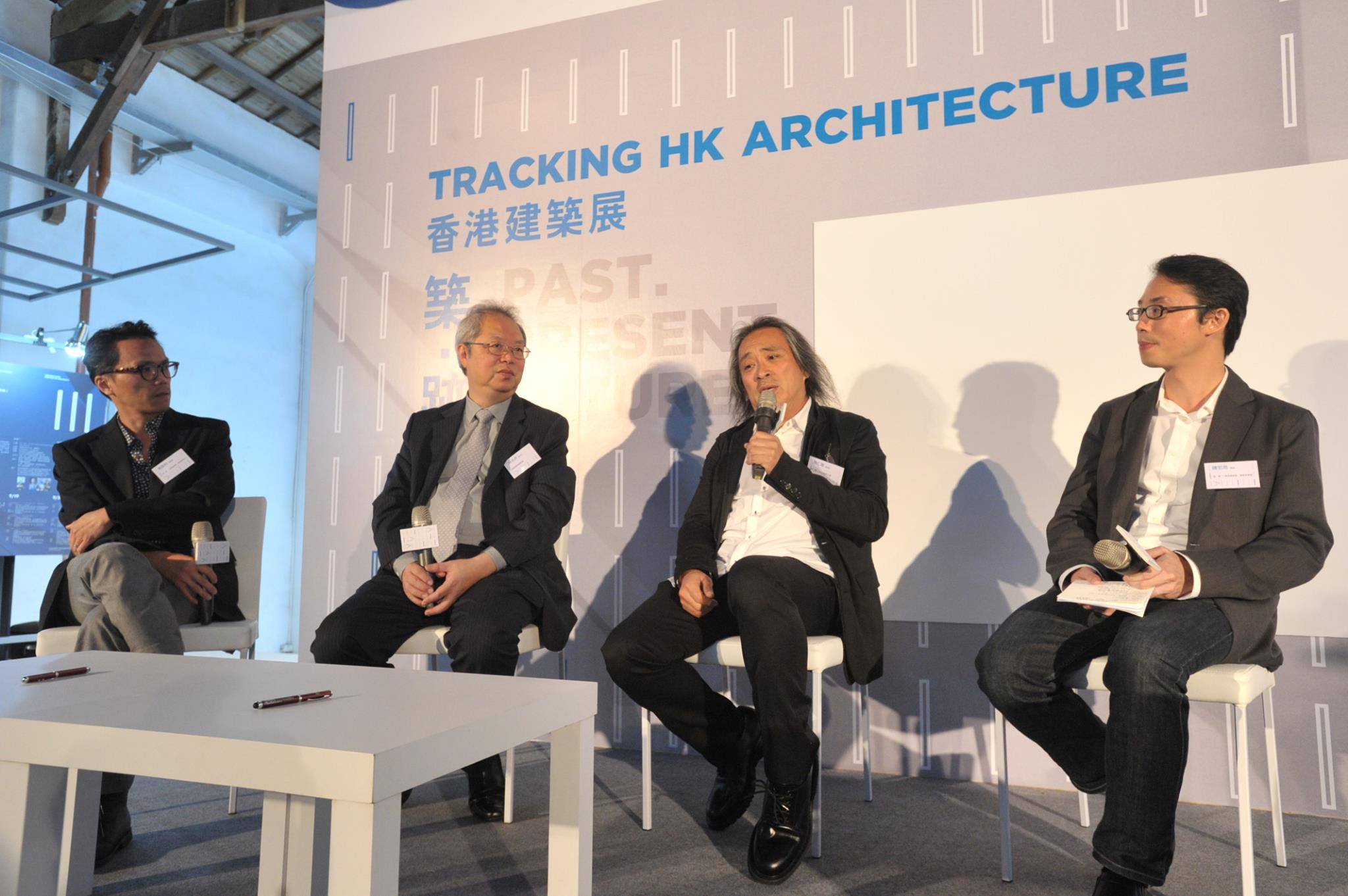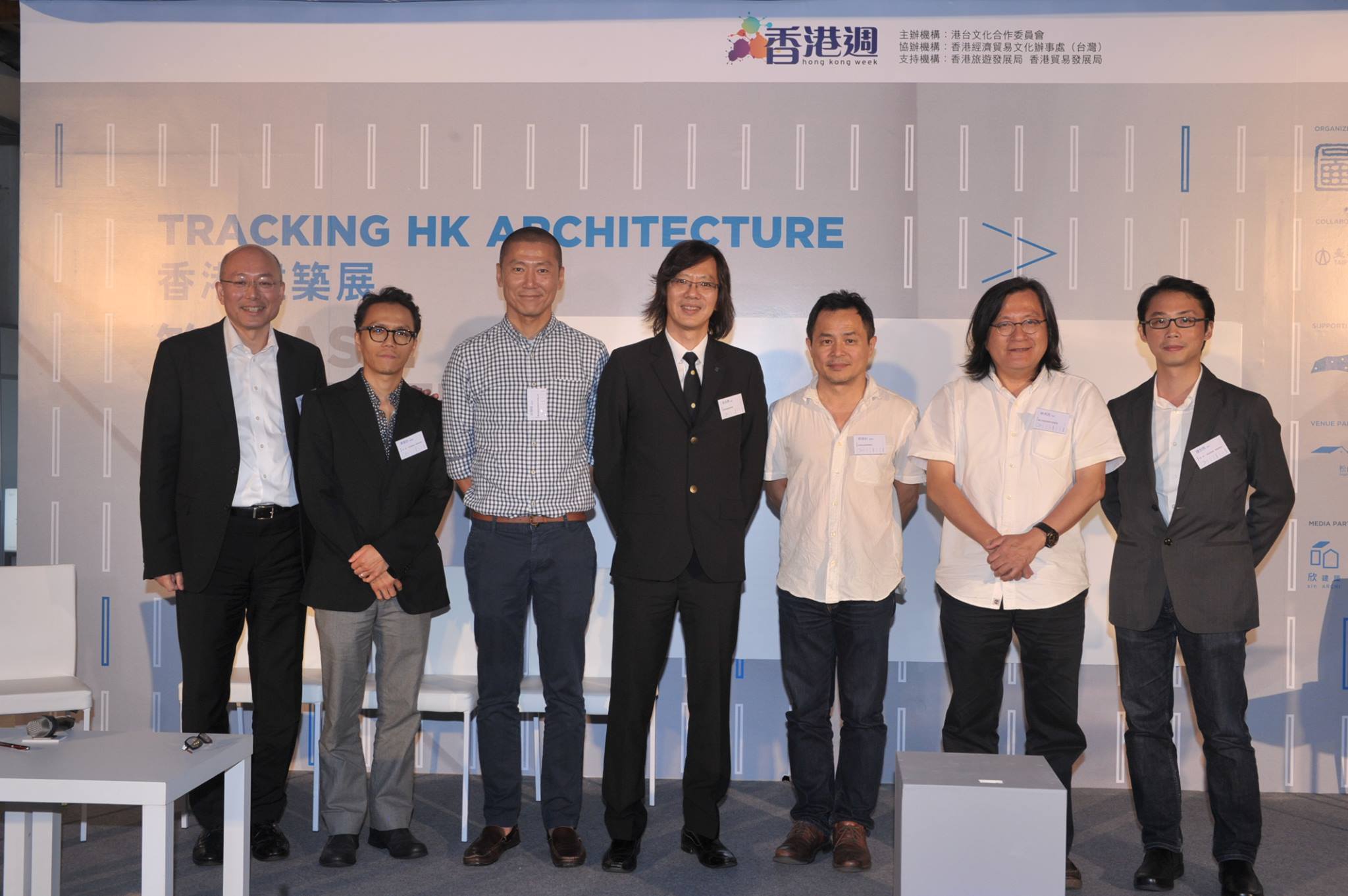Between early 1960s and 1990s, and as part of the Four Asian Tigers, Taiwan and Hong Kong have witnessed a rapid economic development, consistently maintaining between 7 to 8 percent growth each year. Propelled by a low-cost labor force, during the infancy stage both regions established itself on an export economy manufacturing consumer goods of its day. Beginning in the 1980s, while Hong Kong demonstrated its transformation from manufacturing to a world-leading international financial center, Taiwan on the other hand, have proven itself for contributing towards the information technology revolution. After the three decades of growth focusing on economic transformation lifting itself from the “Third-World” categorization, there is an increased awareness on cultural production as a way to further define its identity. Contextualizing itself within the global community but also struggle to define itself internally seeking a sense of locality. As part of the continuum of economic and cultural development, the purpose of architecture is also being reconsidered in the midst of these changes. Moving from fundamental necessities of dwelling (residential) and work (office buildings) to an ever growing demand for spaces of cultural production such as museums, theatres and artist villages.
Through the topical platform of Paradigm Shift of Architecture as a Creative Industry in Hong Kong and Taiwan, the forum invite speakers to share with the audience on how architecture have been an agency within this continuum of change.

